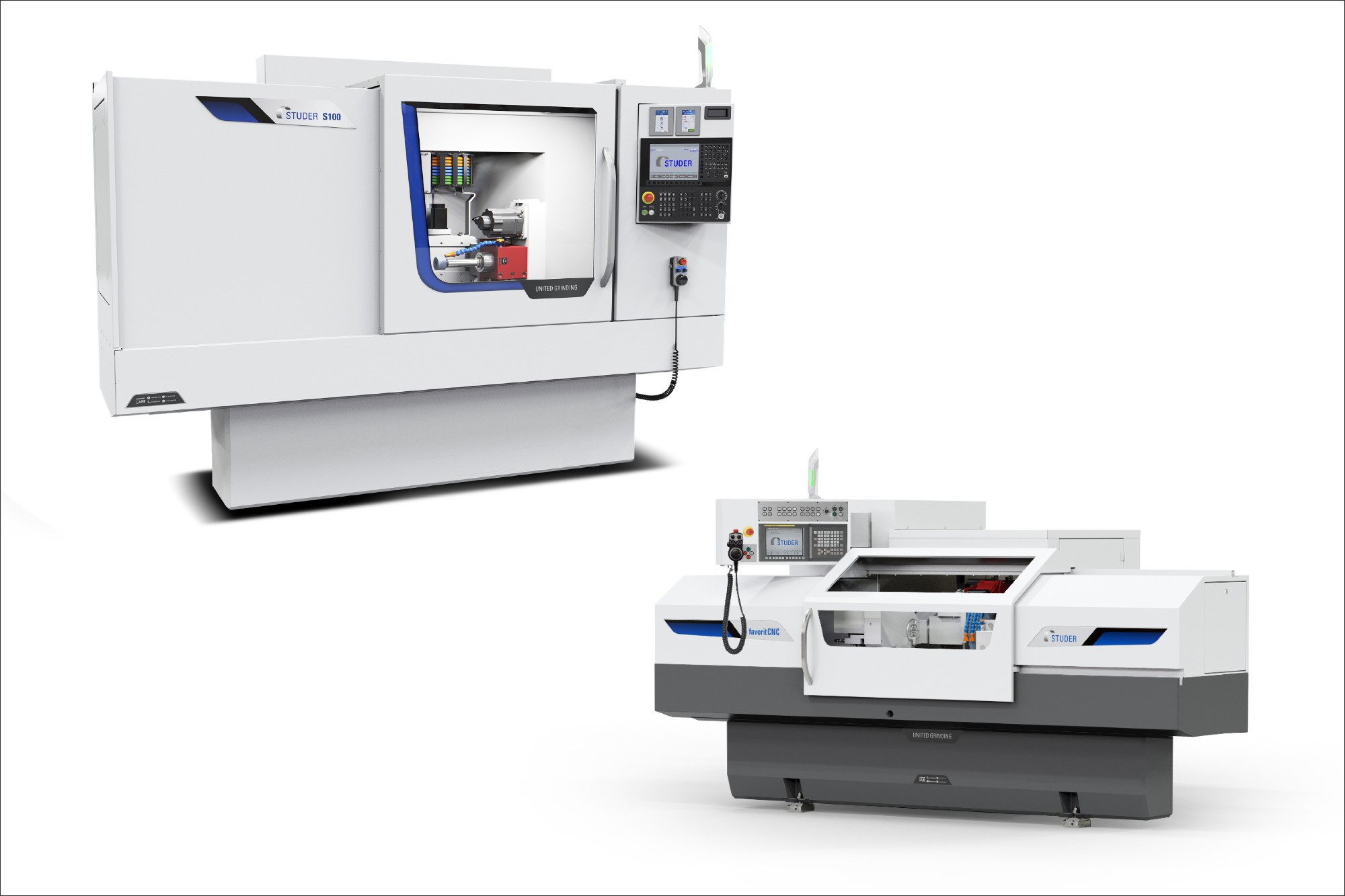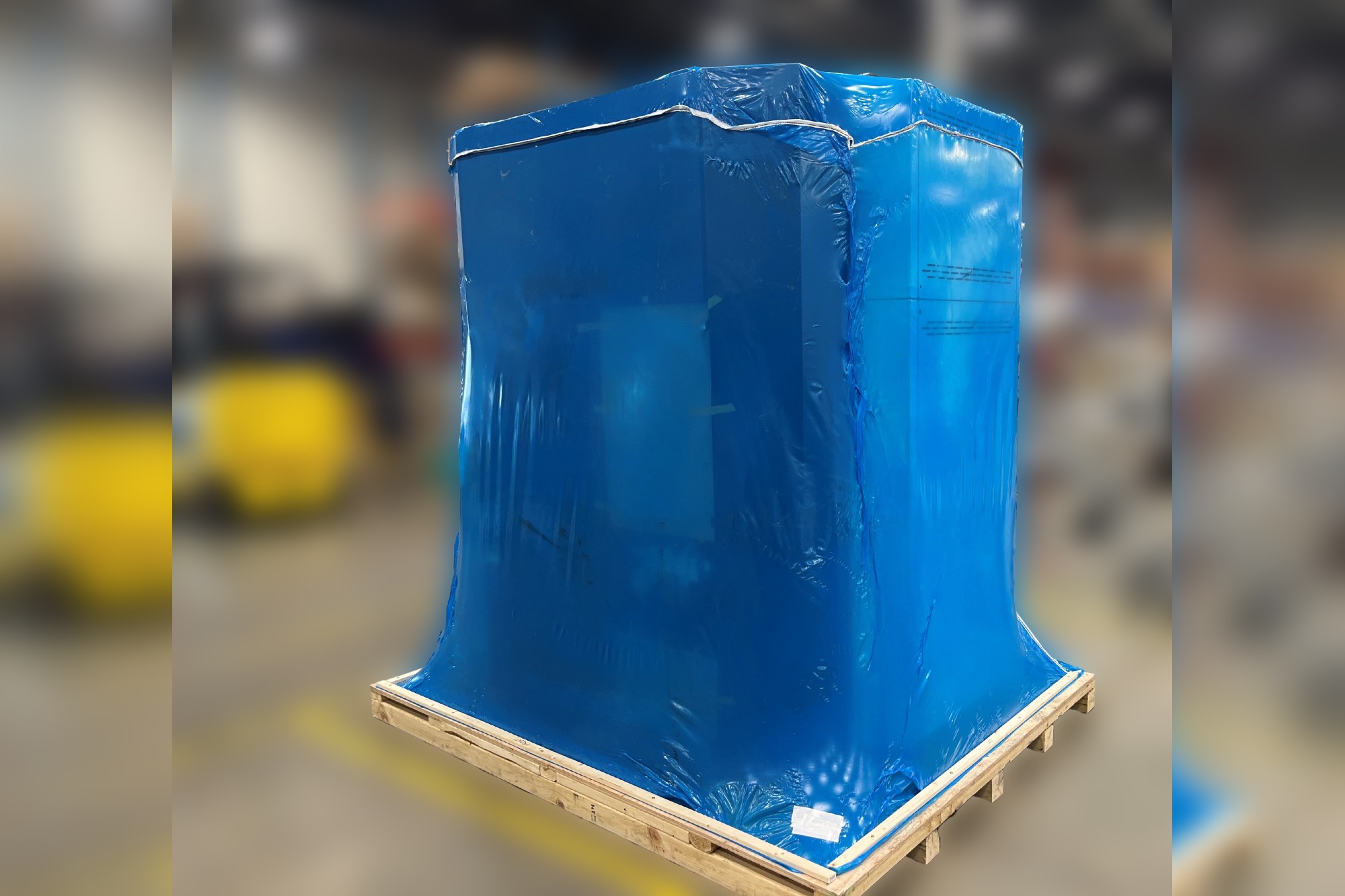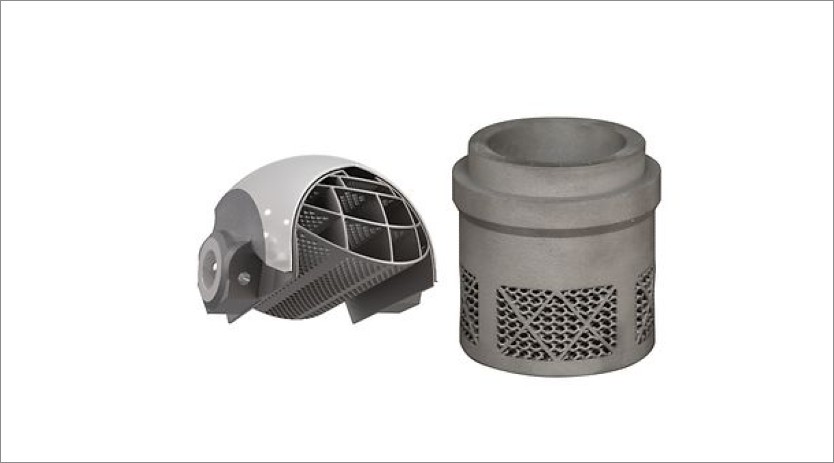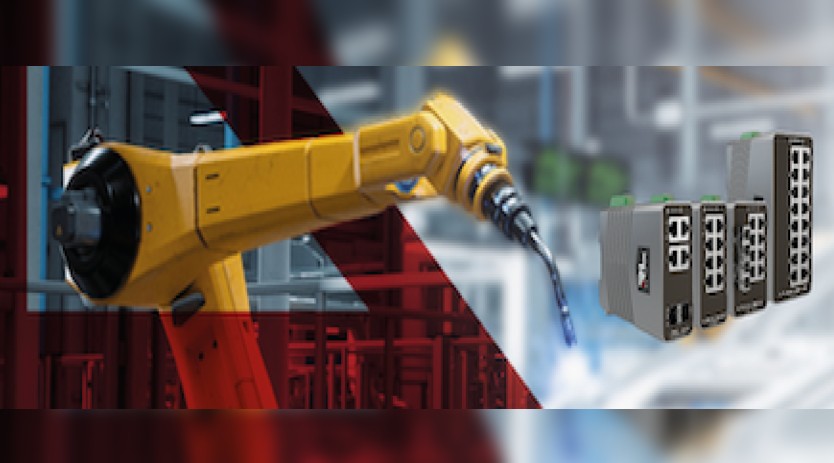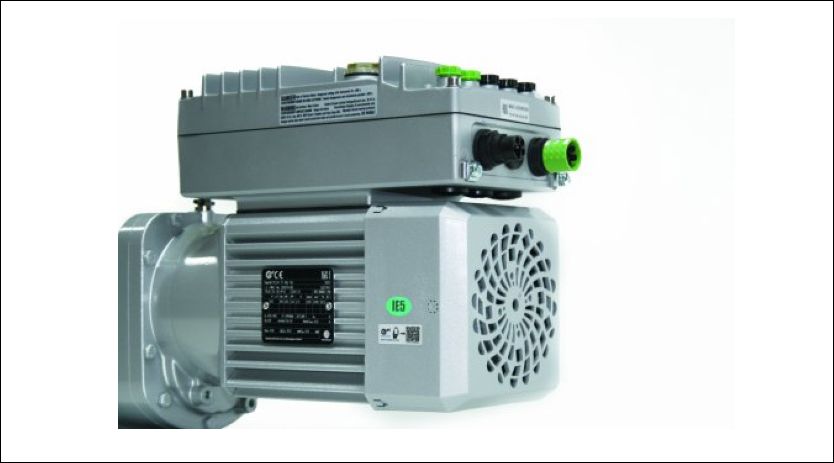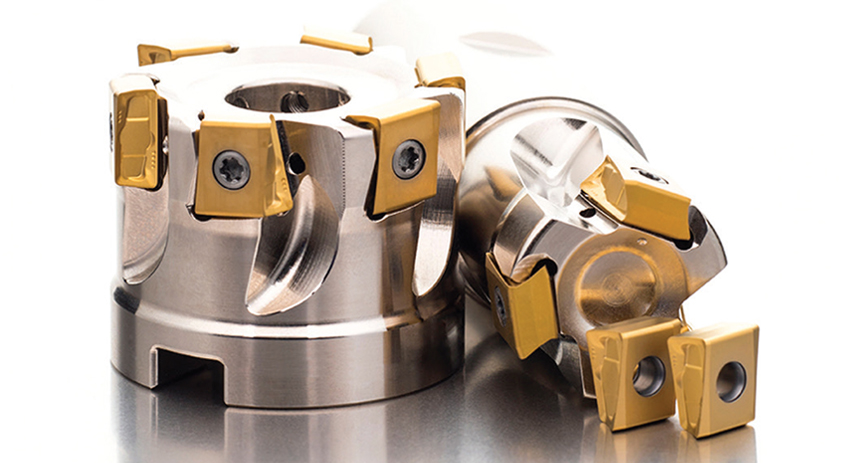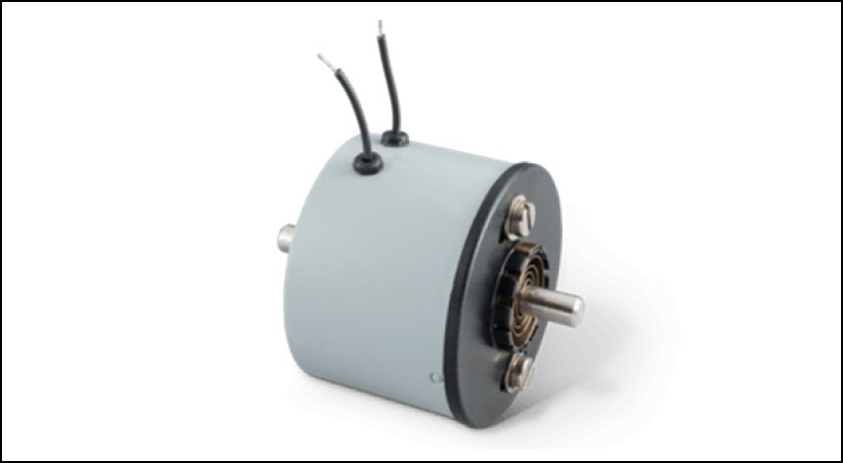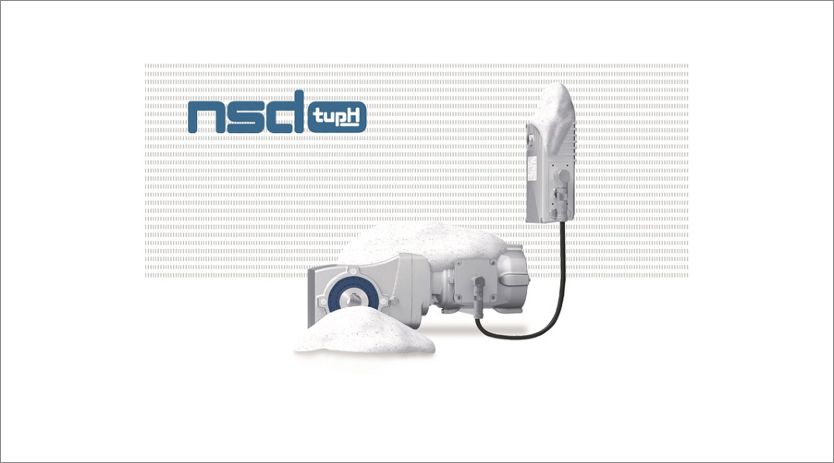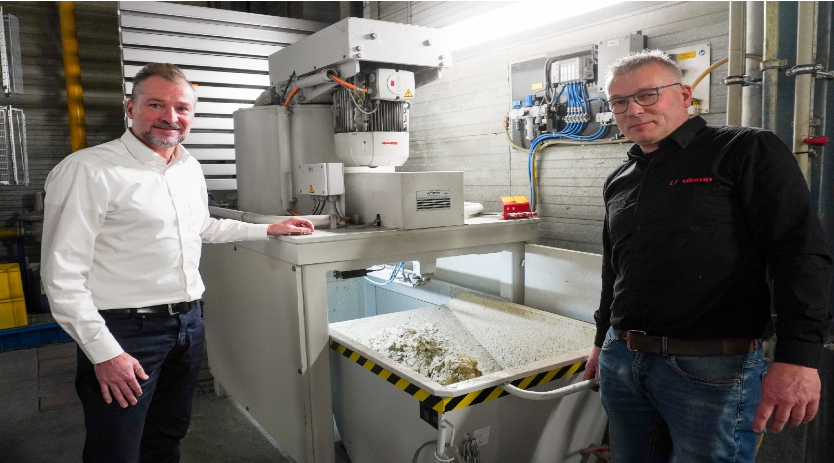CUTTING IT FINER Changing trend in Sheet metal CAD/CAM
By admin January 11, 2012 10:27 am IST
Moving to 3D geometry representations have opened the doors of many possibilities to Sheet metal machine tool manufacturers to program complex cutting sequences easily for complex components. Abhijit Kumthekar, Machine Tool Practice Specialist at Geometric Ltd. explores the opportunities of sheet metal CAD/CAM
Sheet Metal CAD/CAM todaySheet Metal processing is inherently a two dimensional process. Oxyfuel, Laser, Plasma, Waterjet, Turret Punch Press machine tools are largely 2.5 axis CNC machines. Right from creating parts in CAD systems to applying specific processing technology and generating NC code in CAM systems, all the data is represented in 2D world. For long, 2D representations of data in sheet metal CAD/CAM software applications was sufficient. Along with processing technologies, most sheet metal CAM systems incorporated some CAD functionality, for healing of 2D data imported from other CAD systems namely DWG, DXF etc. Most of the 3rd party sheet metal CAM systems and proprietary CAM systems developed by machine tool manufacturers are 2D systems.
Current ChallengesSheet metal machine tool manufacturers are constantly upgrading their technologies. For example bevel cutting is used on thick plates to allow weld deposit grooves while welding the plates together. Latest laser and waterjet machines support bevel cutting requirements on thick plates. Similarly turret punch presses have improved their technology to perform complex forming operations like louvers, dimples, simple bends, curved bends and many more. Machines combining laser and punch technologies together are reducing the number of set ups required to manufacture components. Rotary head mounted on laser, plasma & waterjet machines, is facilitating tube cutting on these machines.
These advancements in sheet metal processing technologies are exposing the limitations and at the same time pushing the envelopes of CAD/CAM systems. For example in 2D CAM system, bevel cut on a particular edge of part is represented by applying attributes such as bevel angle, depth, whether it is primary or secondary bevel etc. This representation is not intuitive. A part comprising of formed features like embossing, louver etc. cannot be represented in 2D without limitations. The representation is through attributes and not through actual geometry of feature. Laser or punch processing applied to parts with forming features on it can’t guarantee collision free movements on actual machining cycles. Sheet metal CAM systems have evolved to address these challenges, but 2D geometry representation is posing challenges to sheet metal CAM systems.
Addressing the challengesSheet metal CAM systems are trying to address these challenges by moving to 3D world. 3D representation is not only appealing to eyes but is also feature reach. For example a bevel cut on the part is designed as chamfered edge. Bevel angle and depth are no longer only attributes left to a particular interpretation, but can be physically measured with CAD tools. The actual height of embossing or louver feature on part can be utilised to move laser head up by certain amount to avoid collisions. The features on components and tooling on turret punch presses can be directly mapped to create machining sequence for corresponding features on components.
Cookie Consent
We use cookies to personalize your experience. By continuing to visit this website you agree to our Terms & Conditions, Privacy Policy and Cookie Policy.




